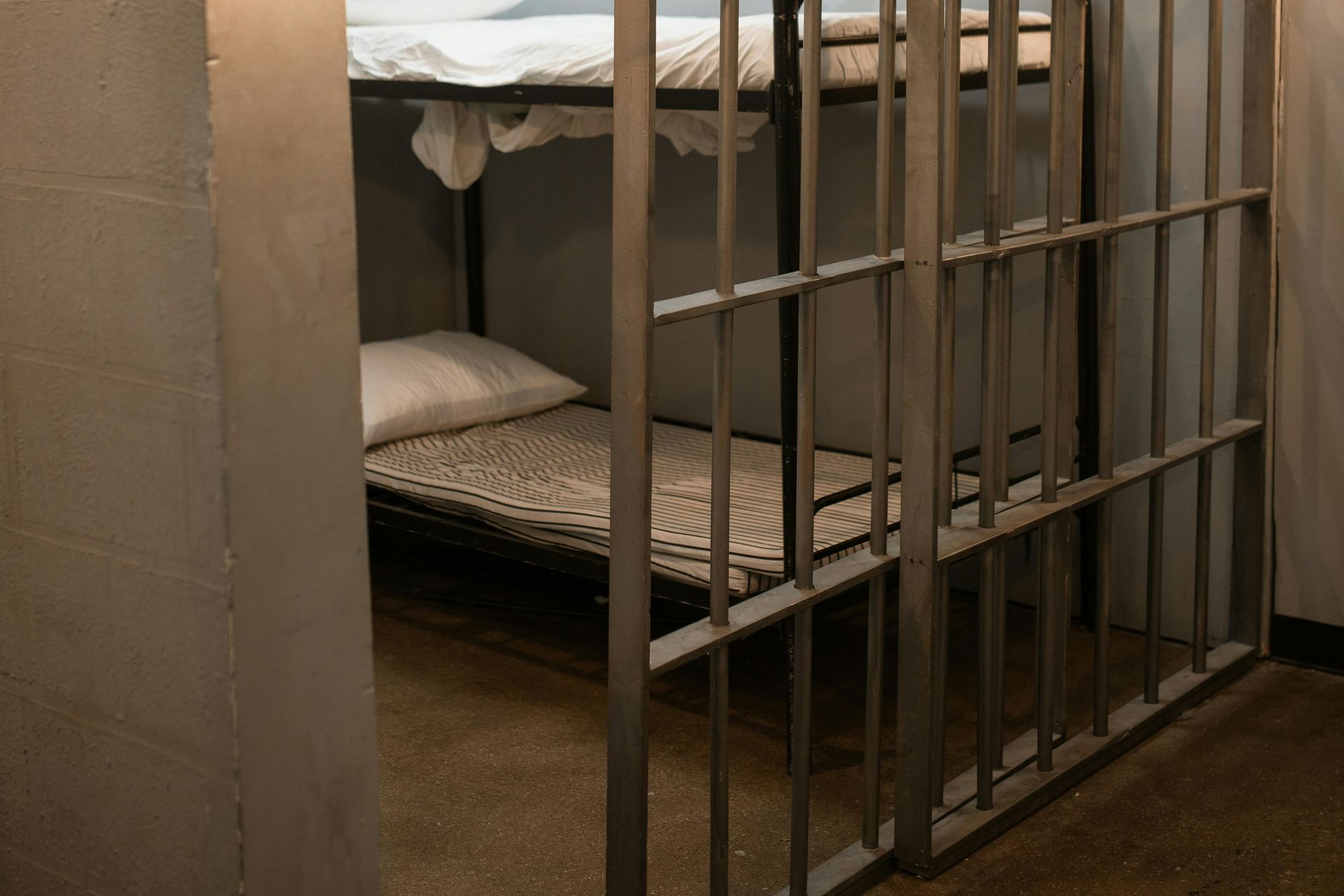Can You Refuse a Breathalyzer Test in Pennsylvania? Understanding the Consequences
Can You Refuse a Breathalyzer Test in Pennsylvania? Understanding the Consequences
When a driver in Pennsylvania is pulled over on suspicion of DUI, they may face a critical decision—whether or not to submit to a breathalyzer test. While refusing the test is an option, it comes with significant legal consequences under Pennsylvania’s implied consent law. Understanding your rights and the potential penalties can help you make an informed choice.
Pennsylvania’s Implied Consent Law
Pennsylvania law requires all drivers operating a vehicle within the state to consent to chemical testing, including breathalyzer tests, if they are lawfully arrested for DUI. This falls under the state’s implied consent law, meaning that by driving on Pennsylvania roads, you automatically agree to undergo testing if law enforcement has probable cause to suspect intoxication.
Consequences of Refusing a Breathalyzer
Refusing a breathalyzer test in Pennsylvania can result in immediate administrative and legal penalties, separate from any DUI charges. These include:
- License Suspension: A refusal results in an automatic 12-month driver’s license suspension for a first offense and up to 18 months for repeat offenders.
- Fines and Fees: Additional financial penalties, including reinstatement fees, may apply.
- Enhanced DUI Charges: A refusal does not prevent DUI charges. In fact, a refusal can be used as evidence against you in court, potentially leading to more severe penalties if convicted.
- Ignition Interlock Requirement: In some cases, an ignition interlock device may be required before license reinstatement.
Can You Challenge a Breathalyzer Refusal?
While refusing a breathalyzer carries serious consequences, there are legal defenses that may help your case. Possible challenges include:
- Lack of Probable Cause: If the officer did not have a valid reason to stop you, the refusal may not be enforceable.
- Improper Testing Procedures: If law enforcement failed to follow proper protocols, the refusal could be challenged in court.
- Medical Conditions: Certain medical conditions may affect a person's ability to comply with the test, which could serve as a defense.
What Should You Do If You’re Facing Penalties?
If you refused a breathalyzer and are now facing penalties, seeking legal representation is crucial. At Strand Law Offices, LLC, we can provide guidance on your options and help build a strong defense to protect your rights. Whether challenging the refusal or negotiating penalties, having legal counsel can make a significant difference in the outcome of your case.









